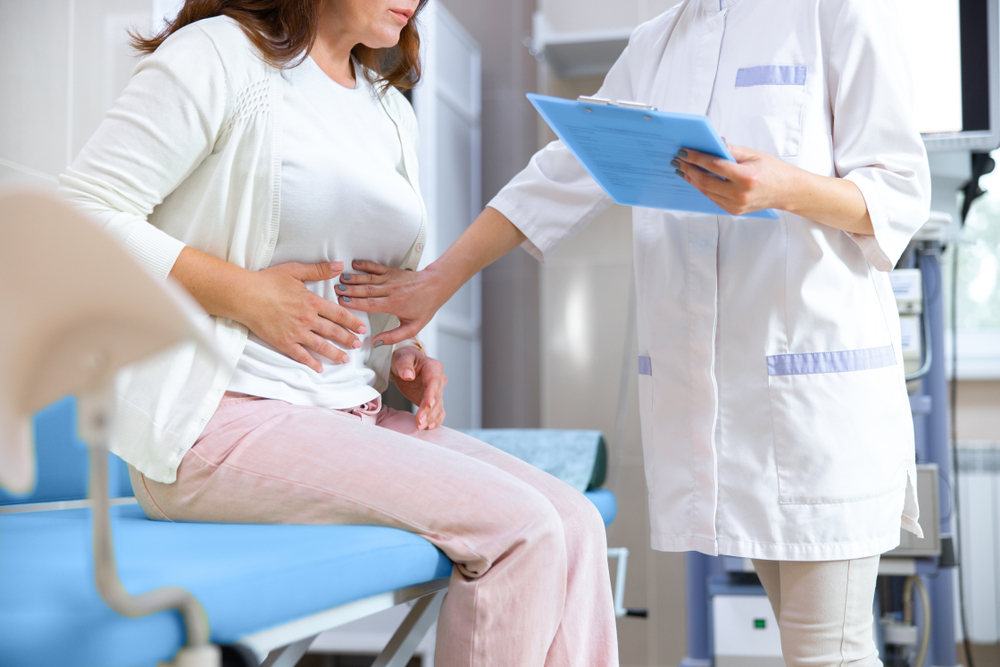Gallbladder removal surgery is often the first choice of treatment for gallstones and other gallbladder problems. It’s a common surgery, partly because removing your gallbladder doesn’t really change a lot in your day-to-day life. Some people may need to make minor changes to their diet to help with digestion after gallbladder removal. Other than that, you probably won’t notice a huge difference.
Over 1.2 million people undergo gallbladder removal surgery each year, meaning there are millions and millions of people out there living happy, healthy lives without their gallbladders. To understand why that’s possible, let’s take a deeper look into what your gallbladder does and what happens to your body when it’s removed.
What does your gallbladder do?
Your gallbladder’s main purpose is to store a digestive fluid called bile. Your liver makes bile to help your body break down the food you eat, and it excretes that bile into the gallbladder through the common bile duct. Bile stays in your gallbladder until it’s released into your small intestine to help you digest fatty foods. Your gallbladder empties during digestion then refills gradually as the liver creates more bile.
Where is the gallbladder located?
Your gallbladder is located on the right side of your abdomen, just underneath your liver. It’s a small, pear-shaped organ nestled between your liver and stomach. From there, it transports bile to your duodenum (the part of your small intestine that connects to your stomach).
Do you need your gallbladder?
Though your gallbladder plays an important role in digestion, it’s not an essential organ. Without your gallbladder, your liver still produces bile. It just sends it directly into the small intestine instead of keeping it in the gallbladder until the next time you eat. People without gallbladders can live long, healthy lives without making too many changes to their diet.
Reasons for gallbladder removal (cholecystectomy)
Usually, gallbladder removal is done to treat gallstones and the symptoms they cause. Gallstones don’t always cause noticeable issues, but they can sometimes get stuck in a bile duct and block the flow of bile. This can irritate the pancreas or gallbladder and cause symptoms, including:
- Sudden, sharp pain in the center or right side of your abdomen
- Pain between the shoulder blades or around the right shoulder
- Nausea and vomiting
- Yellowing of the skin and whites of the eyes
You don’t always need to remove your gallbladder to treat gallstones. However, your provider may recommend it if you have gallstones in your gallbladder or bile ducts causing frequent painful episodes or other complications, such as gallbladder or pancreas inflammation.
Gallbladder removal surgery may also be recommended for people with large gallbladder polyps.
How does digestion change after gallbladder removal surgery?
When you remove your gallbladder, your body no longer has a place to store bile between meals. Your liver will still make the same amount of bile whether or not you have a gallbladder. The only difference is that it starts continuously releasing bile into your small intestine instead of storing it in your gallbladder. Once in your small intestine, the bile continues to do its job of aiding in digestion as needed.
Your digestive system can function just as well without a gallbladder, but it may take a little while to adjust following the surgery. Your provider may recommend a special low-fat diet before and after your gallbladder removal surgery to reduce your chances of stomach discomfort as you heal. After recovery, most people find that they can return to their regular diet without problem.
Digestive symptoms after gallbladder removal aren’t common, but they may include bloating, diarrhea, or more frequent bowel movements, especially after eating fatty foods. Symptoms often get better over time, and they can usually be avoided altogether by staying away from triggering foods or drinks.
Tips for promoting healthy digestion after gallbladder removal
Most people won’t experience digestive issues after gallbladder removal surgery. If stomach discomfort or other symptoms do occur, you can usually find relief by making lifestyle changes, such as:
- Eating a low-fat diet
- Staying away from fried foods and other high-fat foods
- Eating four or five small meals throughout the day (instead of two to three large ones)
- Avoiding big meals, especially after fasting for most of the day
Keep your provider in the loop about any new symptoms or changes in bowel habits after your surgery. They can give you additional advice if your symptoms don’t go away within a few weeks.
Does gallbladder removal affect your life expectancy?
Not having a gallbladder won’t affect your overall health or life expectancy. Actually, you may find yourself living healthier after gallbladder removal surgery (not to mention how great it’ll feel to be free of painful gallbladder attacks). If you choose to reduce your fat intake after your procedure, you may even increase your life expectancy by lowering your risk of heart disease, high blood pressure, diabetes, and some cancers.
How much does gallbladder removal surgery cost?
Now that you understand how your liver and digestive system keep working after gallbladder removal, you may be wondering whether the procedure is right for you. Your healthcare provider can help you decide if surgery is the answer to your gallbladder issues. Then, New Choice Health can make sure you get a fair price for the procedure. The average cost of gallbladder removal surgery in the United States is $15,250, but different healthcare facilities may charge thousands more or less. Click here to learn what gallbladder removal surgery should cost in the U.S.







